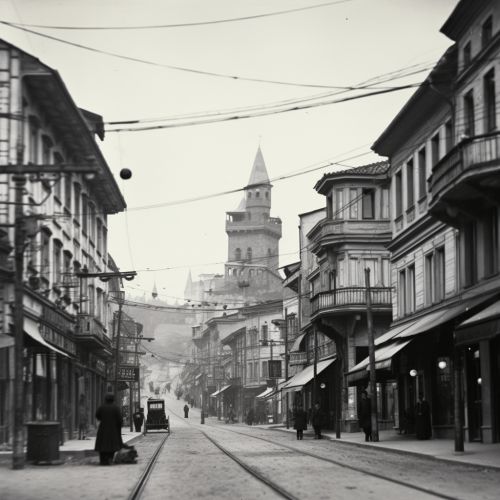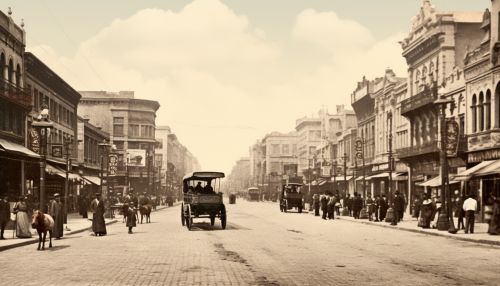Russian Soviet Federative Socialist Republic
History
The Russian Soviet Federative Socialist Republic (RSFSR) was established following the abolition of the Russian Provisional Government in the 1917 revolution. The RSFSR was the largest, most populous, and economically developed republic of the Soviet Union. It existed from 1917 to 1991, when it was renamed the Russian Federation.
The RSFSR was governed by the Russian Communist Party (Bolsheviks), which was led by prominent revolutionaries such as Vladimir Lenin and Joseph Stalin. The party was the driving force behind the establishment of a socialist state in the territory of the former Russian Empire.


Political Structure
The RSFSR was a socialist state with its own constitution and government institutions. The highest legislative body was the All-Russian Congress of Soviets, which was later replaced by the Supreme Soviet of the RSFSR. The government was headed by the Council of People's Commissars, later renamed the Council of Ministers. The Communist Party held a monopoly on political power, with its Central Committee and Politburo effectively controlling the government.
Economy
The economy of the RSFSR was centrally planned and state-owned, following the principles of Marxist-Leninist economics. Major industries included manufacturing, mining, agriculture, and energy production. The RSFSR was the primary contributor to the Soviet Union's overall economic output.
Society and Culture
The society of the RSFSR was characterized by its commitment to socialist ideals. Education and healthcare were provided by the state, and the government promoted atheism as part of its official ideology. The culture of the RSFSR was heavily influenced by the government's promotion of socialist realism in art, literature, and music.
Legacy
The RSFSR played a crucial role in the history of the 20th century, influencing global politics, economics, and culture. Its legacy continues to shape the modern Russian Federation, particularly in terms of its political and economic structure.
